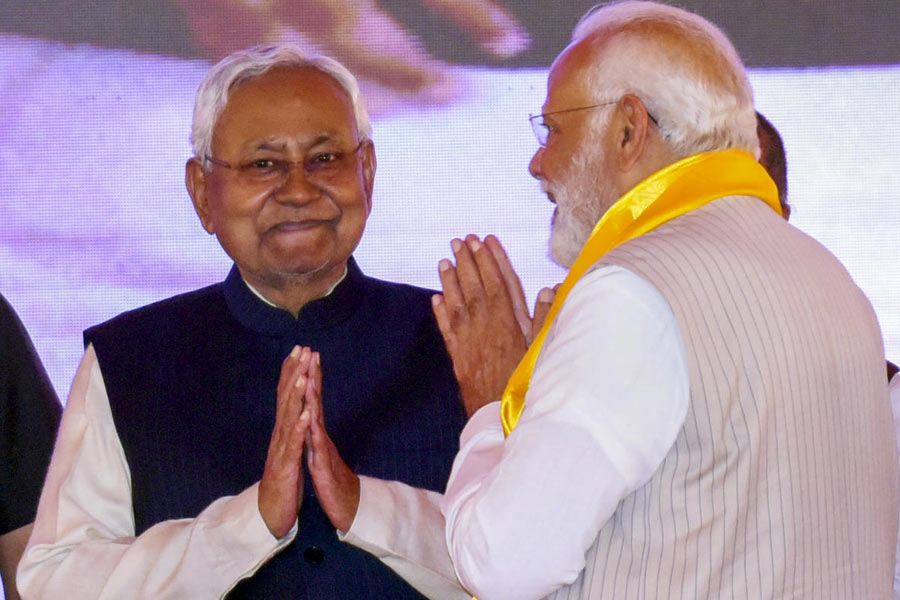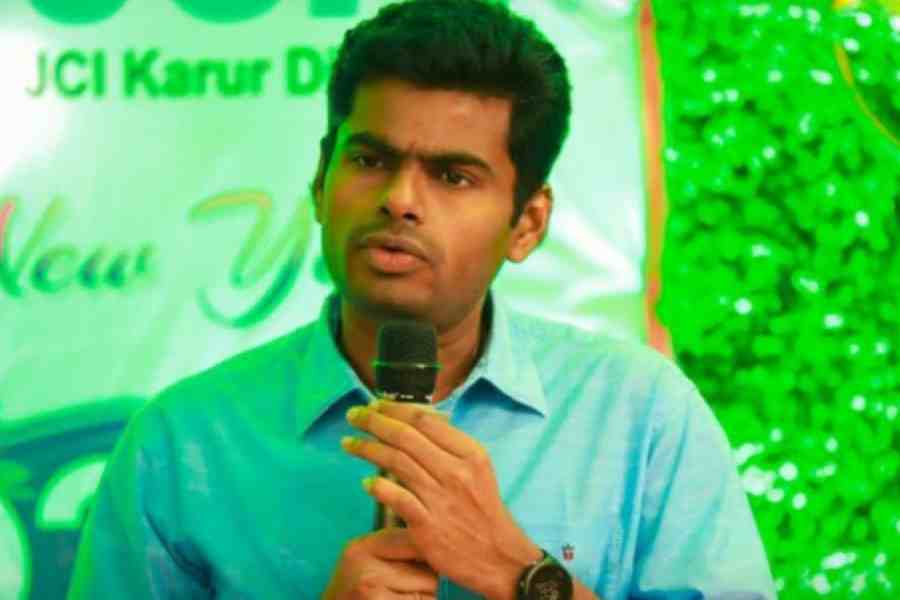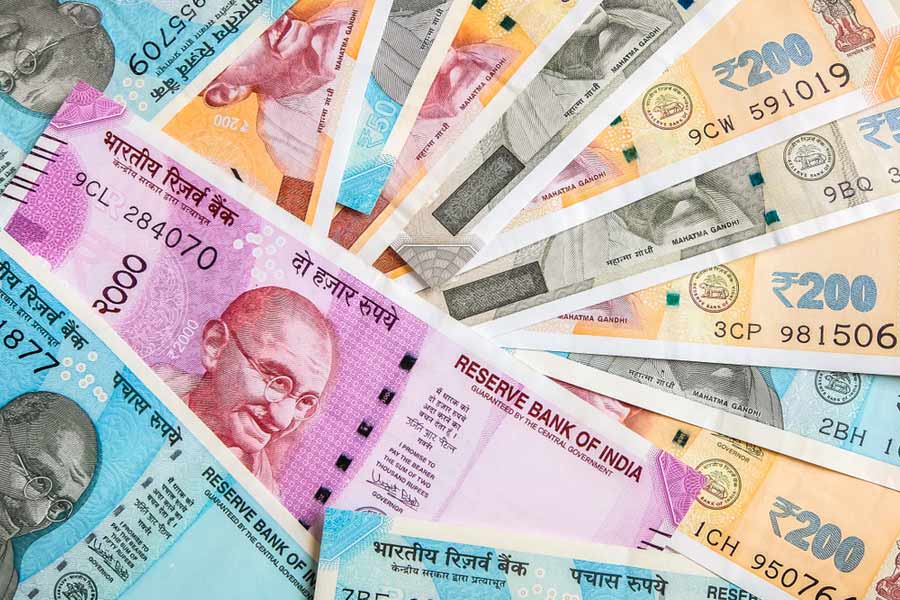It isn’t just poor self-control and tempting circumstances, but also a distraction that contributes to what psychologists call “hedonic” consumption — the purchase of products or savouring of experiences in excess of need and, at times, under risk to health — researchers have found.
Experts have for years attributed overconsumption to insufficient self-control under a mix of tempting circumstances, strong desire, and poor decision-making. Now, new research has suggested that distraction during consumption lowers enjoyment levels and can also drive a demand for even more consumption.
Researchers in Europe have found evidence for what they call “hedonic compensation”, a mechanism that might explain a previously well-documented phenomenon of why watching television while eating promotes increased consumption of food.
“Distraction gets in the way. It’s likely we compensate by consuming more,” Stephen Murphy, a postdoctoral research scholar at the University of Ghent, Belgium, said in a media release. Murphy led the study that tested a novel psychological theory of hedonic overconsumption.
The study by Murphy and his collaborators in Germany has suggested that hedonic compensation isn’t confined to eating or drinking but applies across a broad range of activities. For instance, people who use a mobile phone to catch up with email or social media while watching a movie are likely to compensate for lowered enjoyment of the movie.
“Distraction during consumption triggers downstream hedonic consumption by rendering consumption less enjoyable,” the researchers said in their study, published on Thursday in the Journal of Personality and Social Psychology from the American Psychological Association.
Their findings add a new element to the research discourse on overconsumption — long seeking to fathom mechanisms that cause people to eat or snack more than necessary or binge on movies or television series, or play exciting online games. Such overconsumption has long been a source of health concerns — excessive eating might risk health disorders, while movies or TV might compromise sleep, and online games might eat into time for study.
Multiple earlier studies over the past decade have already established that distraction promotes increased food consumption. Now, Murphy and his colleagues have through experimental studies on volunteers generated evidence for hedonic compensation.
In one experiment, the researchers asked 122 participants to eat lunch under three conditions — no distraction, moderate distraction through watching a video, and high distraction through playing an online game. They found that participants who ate while distracted reported lower enjoyment but also displayed more snacking later.
In a second experiment, the researchers surveyed daily levels of distraction and consumption by 220 participants across different activities and found similar effects — when the participants were distracted during consumption, they enjoyed a product less and experienced an elevated need for further consumption.
The researchers have said it is possible that distraction may promote extra food consumption by making people forget health risks or by lowering their enjoyment levels. The new study, however, has suggested that hedonistic compensation — a craving to fill up a shortfall — is an additional mechanism for overconsumption.










